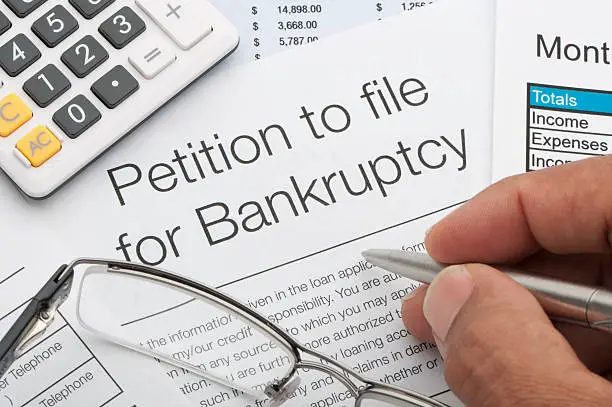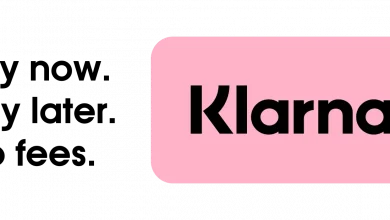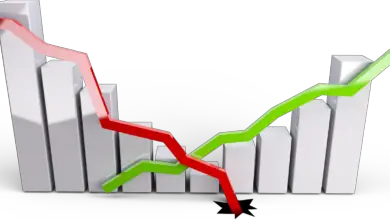How to Declare Yourself Bankrupt

When you are unable to pay your debts and have no other options, you may have to declare bankruptcy. This is a legal process that allows you to get out from under your debt and start fresh. While it is not an easy decision to make, it may be the best for your financial future. Here is how to declare yourself bankrupt.
What is bankruptcy? Bankruptcy is a legal process that allows people or businesses who can’t repay their debts to have some or all of those debts forgiven. The debtor usually gets to keep some property, but the rest goes to the creditors. Bankruptcy can be filed for three different types of debt: business debt, consumer debt, and municipal debt. Each type has different rules about what property the debtor gets to keep and how much the creditors get paid. Business bankruptcies are more complicated than consumer bankruptcies, and municipal bankruptcies are even more complicated than that. There are two main types of consumer bankruptcy: Chapter 7 and Chapter 13. In a Chapter 7 bankruptcy, the debtor’s property is sold and the proceeds are used to pay off the creditors.
Why declare bankruptcy?
There are several reasons why an individual might declare bankruptcy. The most common reason is due to overwhelming debt. This can be caused by a job loss, unexpected medical bills, or simply living beyond one’s means. Another reason someone might declare bankruptcy is to protect their assets. This is especially common in cases where the individual has a lot of equity in their home or other property. By declaring bankruptcy, they can keep these assets while still getting relief from their debts. Finally, some people declare bankruptcy as a way to start fresh. This can be especially beneficial for those who have made some poor financial decisions in the past. By getting rid of all their debts, they can begin rebuilding their credit and their finances.
The process of declaring Bankruptcy: what does it involve?
There are a few things to consider before declaring bankruptcy. The first is whether you qualify. To do this, you must determine whether your debts exceed your assets and whether you can pay off your debts within a reasonable amount of time. If you can’t, then you may be able to file for bankruptcy. The next thing to consider is what type of bankruptcy you should file. There are two main types: Chapter 7 and Chapter 13. Chapter 7 bankruptcy involves liquidating your assets to pay off your debts. Chapter 13 bankruptcy involves creating a repayment plan to pay off your debts over time. Once you’ve decided which type of bankruptcy to file, the next step is to gather all the necessary paperwork. This includes financial statements, tax returns, and a list of creditors. You’ll also need to take a credit counselling course and attend a meeting of creditors.
How much does it cost to go bankrupt?
The cost of bankruptcy in the UK can vary depending on the individual’s circumstances. For example, if an individual has a lot of debt and assets, the cost of bankruptcy may be higher. The average cost of bankruptcy in the UK is £680. This includes the official receiver’s fees, court fees, and insolvency practitioner’s fees.
Alternatives to bankruptcy
There are many alternatives to bankruptcy, which can be a difficult and costly process. Debt consolidation and debt settlement are two popular options that can help you get out of debt without having to file for bankruptcy. Debt consolidation involves taking out a new loan to pay off your existing debts. This can be a good option if you are able to get a lower interest rate on the new loan. Debt settlement involves negotiating with your creditors to agree to accept less than the full amount you owe them. This can be a good option if you are unable to make your regular payments or if you have a large amount of debt. If you are considering bankruptcy, it is important to talk to an experienced bankruptcy attorney to discuss all of your options and find the best solution for your situation.
Is an IVA a good choice?
An IVA, or individual voluntary arrangement, is a legally binding agreement between you and your creditors to pay off your debts over a set period of time. If you’re struggling to repay your debts and have been unable to reach an agreement with your creditors, an IVA could be a good option for you. It can help you repay what you owe in a way that’s affordable and manageable, and will also protect you from further action by your creditors. Before entering into an IVA, it’s important to seek professional advice to make sure it’s the right solution for your particular financial situation.
When it comes to debt, an IVA may be the best solution. Here’s why: An IVA is a formal agreement between you and your creditors to repay your debts over a set period of time – usually five or six years. This means that you make one affordable monthly payment to your IVA firm, which is then divided up and paid to your creditors. One of the main advantages of an IVA is that it can freeze interest and charges on your debts, meaning that you’ll only have to pay back what you actually owe. This can help to reduce the amount you need to repay each month, making it more affordable. An IVA can also help to protect your home from repossession. As long as you keep up with the payments, your home will be safe from any action from your creditors.
Who is bankruptcy suitable for?
Bankruptcy is a legal process that allows individuals and businesses to restructure or eliminate their debts. It can be a useful tool for those who are unable to repay their debts and need a fresh start. However, it is important to understand that bankruptcy is not right for everyone. There are several factors to consider when deciding if bankruptcy is the right option for you. First, you need to determine if you qualify for bankruptcy. To do this, you will need to take a means test which looks at your income and expenses. If your income is below the median income for your state, you may qualify for Chapter 7 bankruptcy.
Can I be made bankrupt in the UK?
Bankruptcy is a legal process that allows individuals or businesses to have some or all of their debts forgiven. In the United Kingdom, bankruptcy is governed by the Insolvency Act 1986. The act states that an individual can be forced into bankruptcy if they owe more than £5,000 and are unable to pay their debts. There are several ways in which an individual can be forced into bankruptcy. The first is through a petition filed by creditors. This type of petition must be approved by the court before it can proceed. The second way is through a court order. This type of order can be made if an individual has failed to comply with a previous court order, such as an order to pay back debts. Once an individual has been declared bankrupt, they will be subject to certain restrictions.
How to rebuild your life after bankruptcy
If you’ve recently filed for bankruptcy, you’re probably feeling overwhelmed and uncertain about your future. But don’t despair—it is possible to rebuild your life after bankruptcy. Here are a few tips to help you get started:
1. Get organized. One of the best things you can do after bankruptcy is to get your financial life in order. Create a budget and stick to it. Track your expenses and make sure you’re living within your means.
2. Build up your savings. Once you’ve gotten a handle on your finances, start working on building up your savings. Even if you can only save a little bit each month, it will add up over time and give you a cushion to fall back on in case of an emergency.
3. Work on rebuilding your credit. After bankruptcy, you’re going to be looking for a loan. By rebuilding your credit and paying all of your bills on time, you’ll show potential lenders that you’re a responsible borrower and are likely to pay back any money they lend to you.
4. Find ways to earn more income. If your income is low, then it’s time to find ways to bring in more money. Look for a new job, apply for higher paying jobs with better benefits or start a home business.
Conclusion
In conclusion, if you are considering declaring yourself bankrupt, it is important to weigh your options and consider all of the consequences. Bankruptcy can be a difficult process, but it may be the best option for you if you are unable to pay your debts. If you are struggling with debt, speak to a financial advisor to get more information on declaring bankruptcy and whether or not it is the right choice for you.




